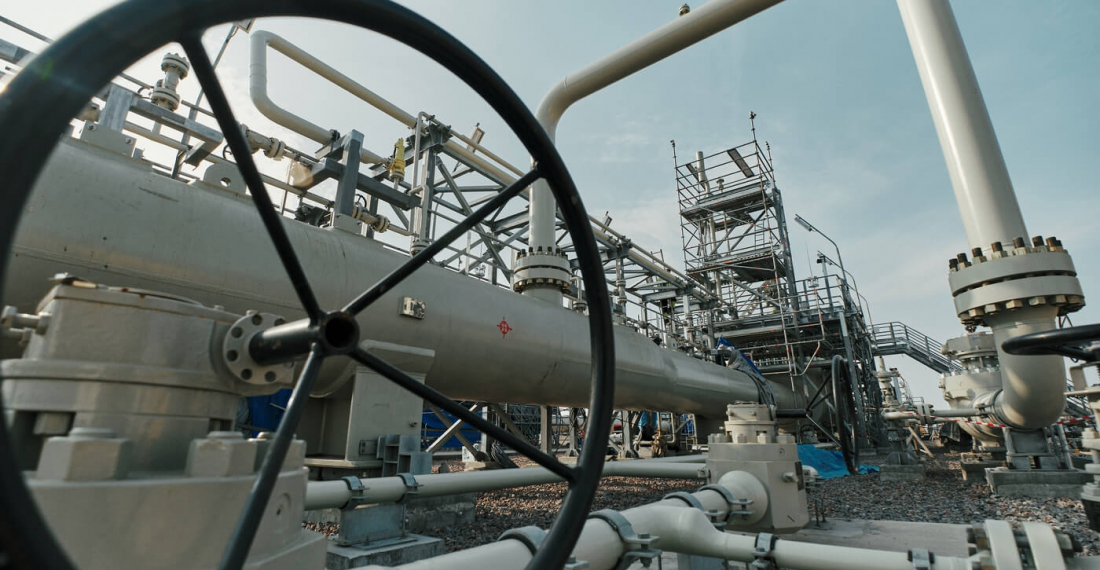Under an agreement between the United States and the previous German government under Angela Merkel, the Nord Stream 2 gas pipeline will not be operated if tensions around Ukraine escalate further, the new German Minister of Foreign Affairs, Annalena Baerbock the German television station ZDF on Sunday (12 December).
Due to the tensions concerning the military troop build-up by Russia close to the Ukrainian border, Washington and the previous German government agreed that that pipeline should not be put into operation in case of a new escalation.
"The Nord Stream 2 gas pipeline from Russia will not be allowed to operate in the event of any new "escalation" in Ukraine", Baerbock said.
Baerbock was speaking after last weekend's G7 meeting in Liverpool, which was largely dominated by the tensions surrounding Ukraine. The United Kingdom is chairing this year's G7 gathering of the seven leading industrial nations.
Moscow has gathered more than 90,000 soldiers on the Ukrainian border in western Russia, according to US intelligence agencies. According to the intelligence agencies, Russian President Vladimir Putin may be considering an invasion of Ukraine at the beginning of 2022.
Former Chancellor Angela Merkel and US President Joe Biden reached an agreement on the controversial gas pipeline in July. In this agreement, it was agreed that Russian gas would continue to flow to Europe via Ukraine. The US refrained from imposing sanctions on the project.
The new Chancellor Olaf Scholz also commented on the gas pipeline during a visit to Poland on Sunday. According to Scholz, Germany will continue its efforts to safeguard Ukraine's position as a transit route for gas to Europe. According to Scholz, it would be a big mistake to think that violating the borders of a European country would be without consequences. Although the gas pipeline construction has been completed, permits to put it into operation have not yet been issued.






